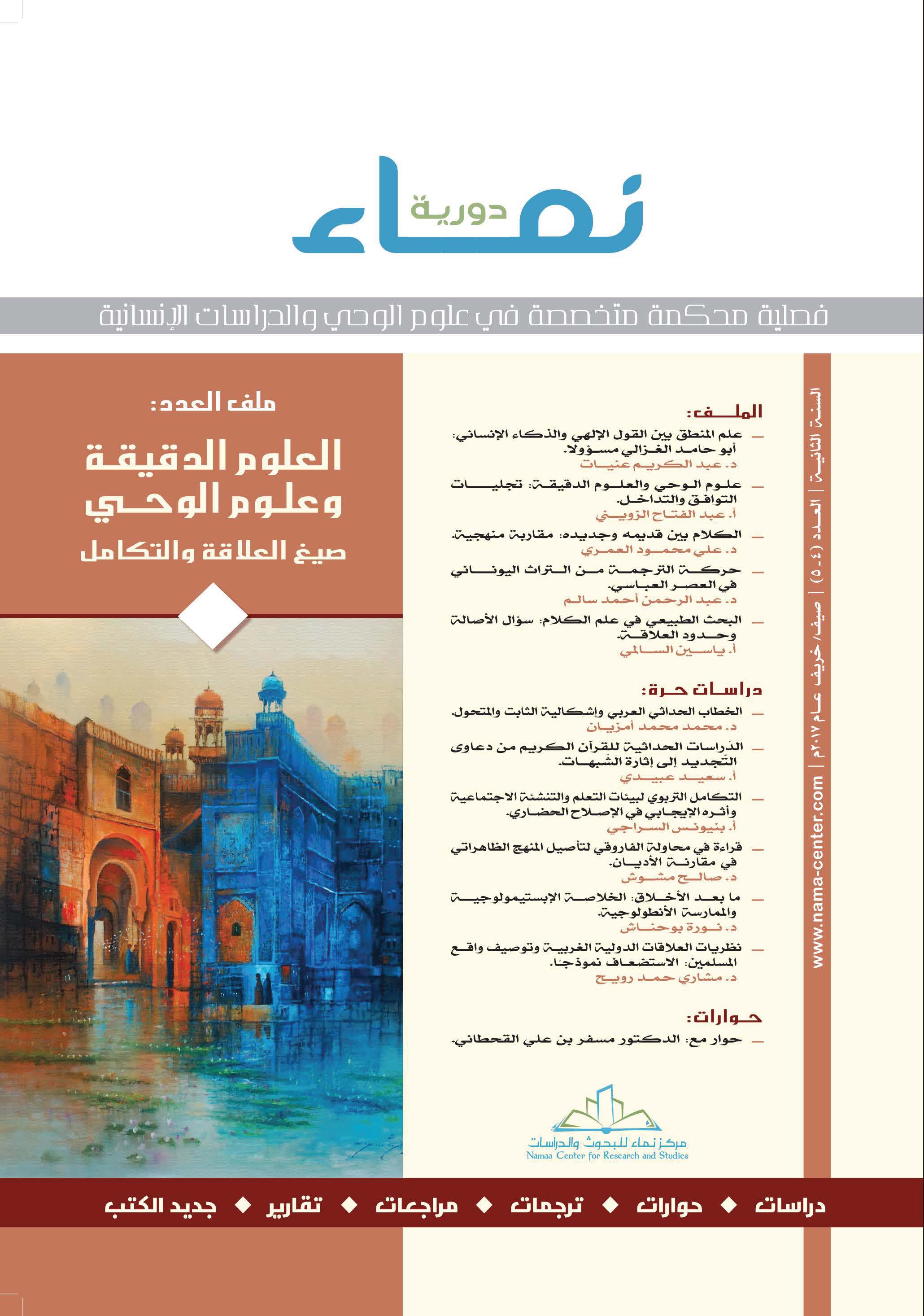Understanding Al-Faruqi's Attempt to Root the Phenomenological Approach in Comparing Religions: the Problem of Objectivity and Religious
Abstract
The research deals with the attempt of Raji Al-Faruqi (1921-1986) in formulating the scientific methodology for the study of religion within the contemporary transformations in religious studies, and the role of religion in the life of contemporary man culturally, educationally, politically, economically, and socially. The research seeks to introduce the basic principles of Al-Faruqi's methodology in the study of religion and its phenomena in human civilization. It relied on the phenomenological approach, whose origins are traced back to Al-Beiruti (973-1048) in studying the Indian culture in his book “Achieving India’s Acceptable or Rejected Saying”. The research focuses on explaining the specificity of the Islamic methodology by which Al-Faruqi formulated the principles of phenomenology and its applied direction in the study of religious manifestations and their components. The researcher also relies on analyzing the exegetical texts of Al-Faruqi and making implicit comparisons between him and the perceptions of Western scholars of the same phenomenological approach. The research concluded that Al-Faruqi's exerted a distinguished effort in rooting the phenomenological approach in the study of religions.
Full text article
Authors

This work is licensed under a Creative Commons Attribution-NonCommercial 4.0 International License.
yright and License
Researchers always have copyright. The research published in the Journal is licensed under the Creative Commons Attribution-Noncommercial 4.0 International License. This means that every person can download, read and use the research, provided that he/she relates it to its author appropriately, stating any amendments made. This work cannot be used for commercial purposes.

